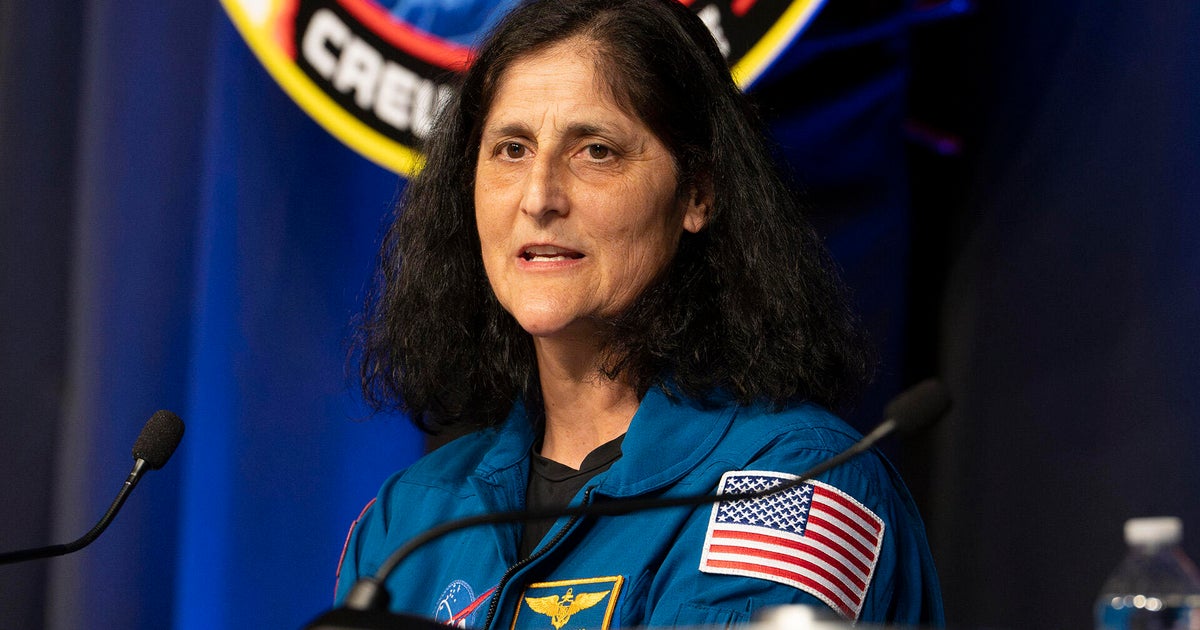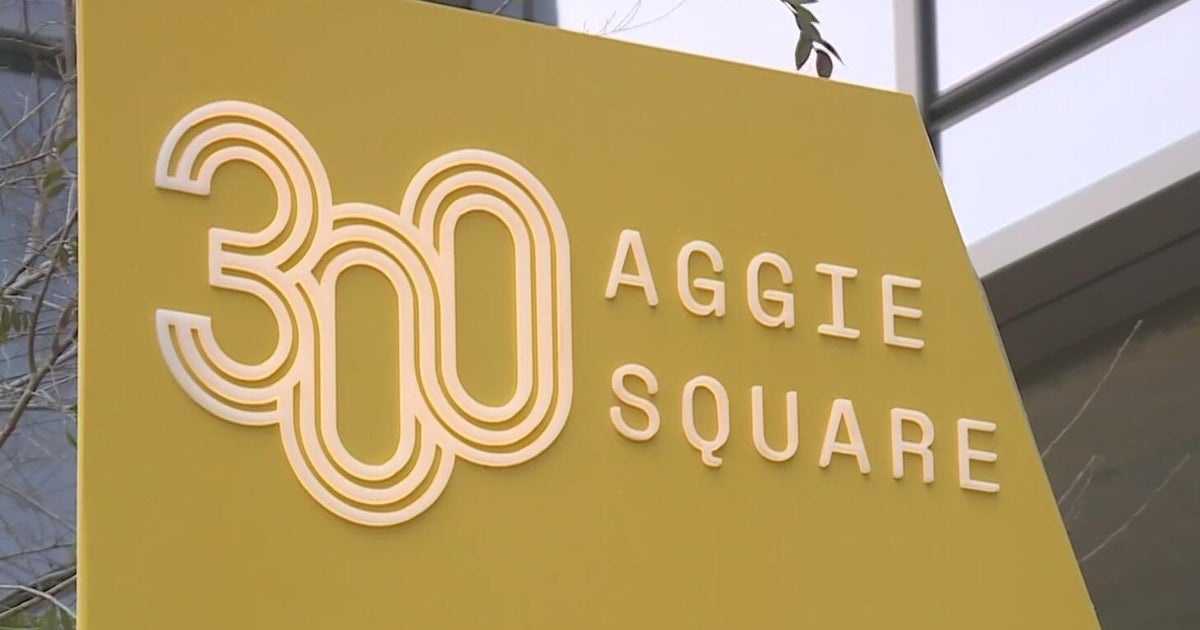UC Berkeley Scientist Anxiously Awaits Solar Probe's Launch
BERKELEY (CBS SF) -- The final countdown has begun for something that UC Berkeley physics professor Stuart Bale has dream about for most of his professional life.
Around 12:30 a.m. Saturday, NASA plans to launch the Parker Solar Probe -- a project outfitted with instruments designed and built at the U-C Berkeley.
"This is a piece of heliophysics science we all really wanted for a long time, since the 1950s," said Bale, the former director of UC's Space Sciences Laboratory and one of four principal investigators for the instruments aboard the mission. "For me personally, I've been working on the probe since it was approved in 2010, but I really spent a large part of my career getting ready for it."
The probe's mission is to make mankind's first closeup visit to a star. It will fly through the sun's corona -- the outermost of its atmosphere.
"We've looked at it," said Nicola Fox who is among the scientists working with NASA on the probe. " We've studied it from missions that are close in, even as close as the planet Mercury. But we have to go there."
To withstand the 2500-degree heat, scientists have developed a four-inch carbon shield to keep the instruments inside the $1.5 billion probe at room temperature.
"The sun is hot," said project manager Andrew Driesman. "You go outside in Florida today the sun is hot. Four million miles, the sun is very hot."
The probe is about the size of a small car and will start its journey riding on one of the largest rockets in the world. When the probe arrives at the sun in three months, NASA hopes to learn about solar winds and solar weather.
The probe was scheduled to be launched from Florida's Kennedy Space Center at 3:33 a.m. Saturday. It will orbit around the sun 24 times over the next seven years.
"In a lot of ways, it's an ending, the spacecraft is going into space," said Parker Solar Probe Engineer Betsy Congdon. "But it's really a beginning, because now we're trying to take the science and learn from the data that will change the view of our Sun forever."







